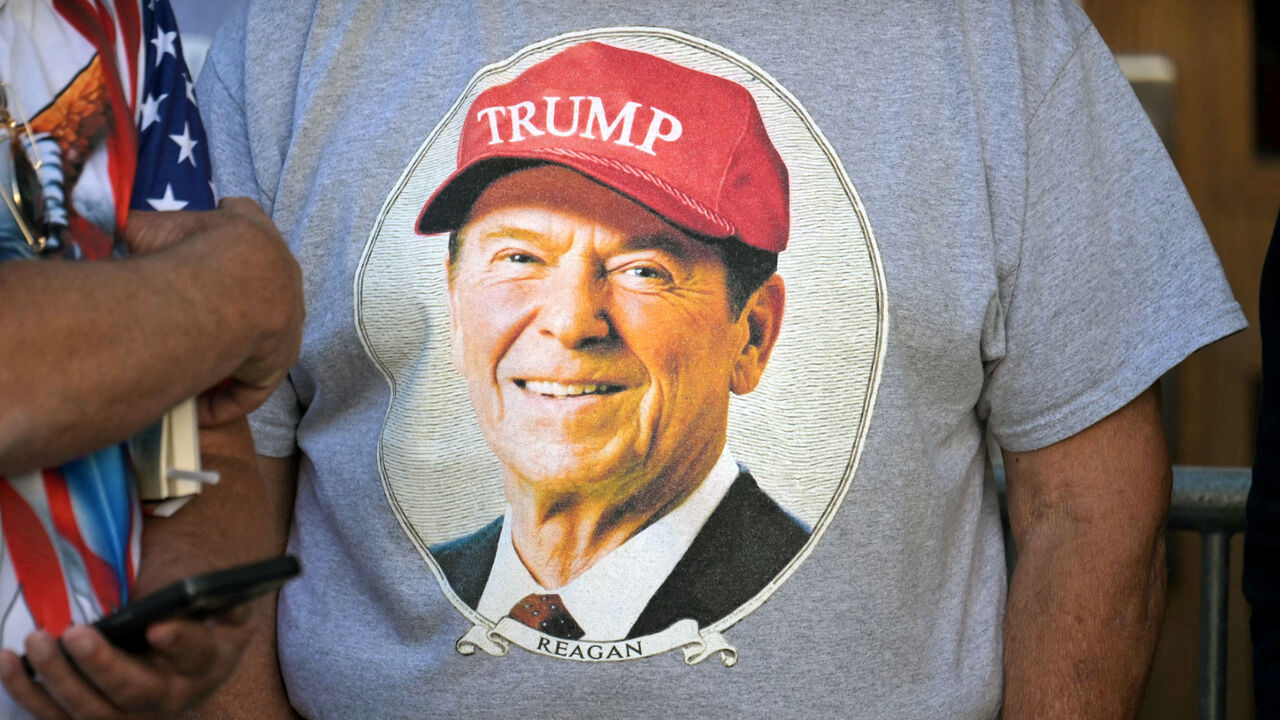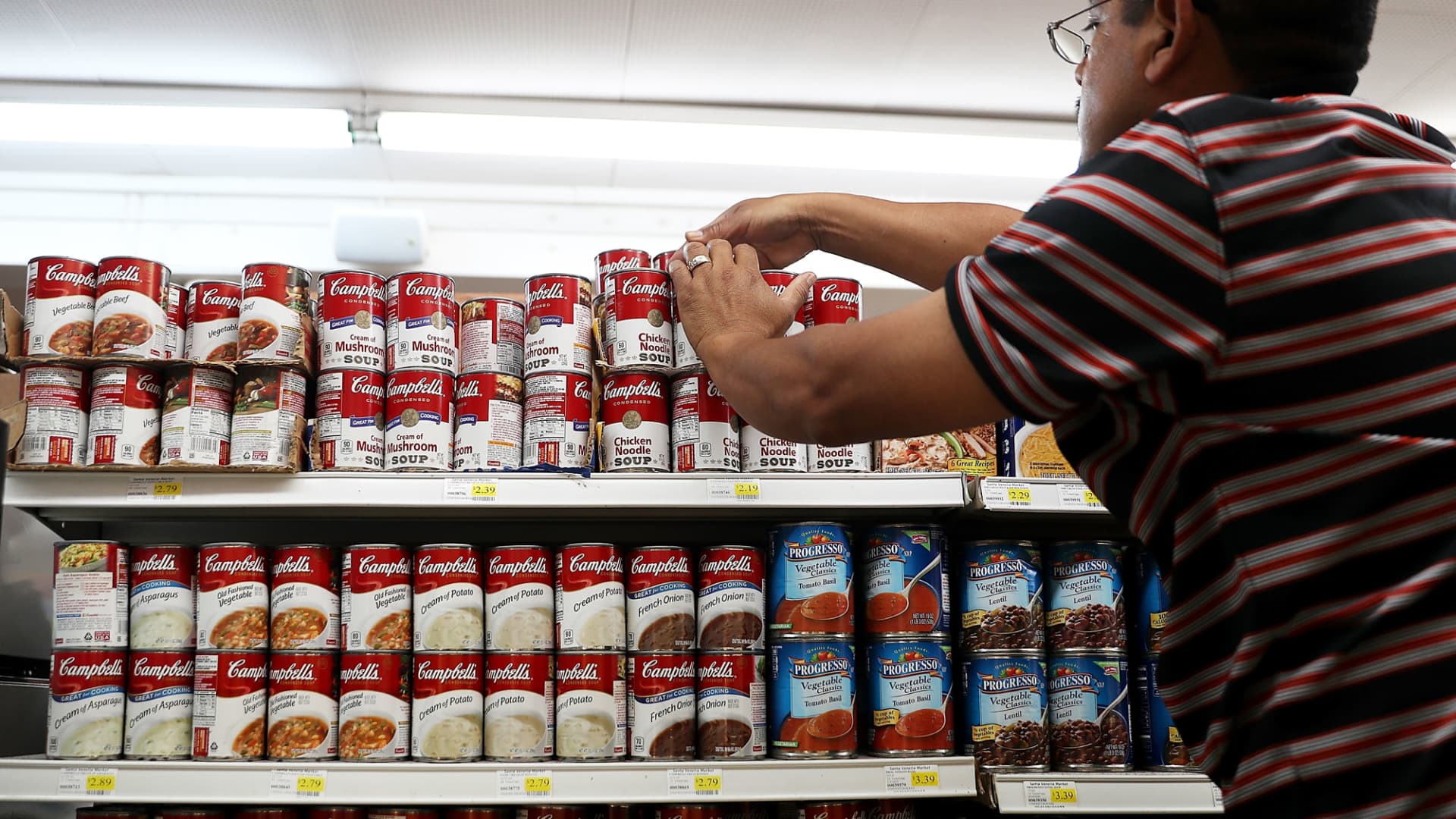Private sector job growth expanded in March at its fastest pace since July 2023, indicating continuing buoyance in the U.S. labor market, payrolls processing firm ADP reported Wednesday.
Companies added 184,000 workers on the month, an increase from the upwardly revised February gain of 155,000, which also was the Dow Jones estimate for March.
In addition to the strong employment pickup, ADP reported that wages for workers who stayed in their jobs increased 5.1% from a year ago, the same rate as February after showing a steady easing going well back into 2023. Those switching jobs saw gains of 10%, also higher than in previous months.
“March was surprising not just for the pay gains, but the sectors that recorded them,” said ADP’s chief economist, Nela Richardson. “Inflation has been cooling, but our data shows pay is heating up in both goods and services.”
Job gains were fairly broad-based, led by leisure and hospitality with 63,000. Other sectors showing significant increases included construction (33,000), trade, transportation and utilities (29,000), and education and health services (17,000). Professional and business services saw a loss of 8,000.
Services-related industries accounted for 142,000 of the total, with goods providing the rest. ADP, whose survey is based on payroll data analysis of more than 25 million workers, does not track government jobs.
Most of the growth came from companies that employ more than 50 workers, with small businesses adding just 16,000 to the total. From a regional standpoint, the South saw the biggest gains, adding 91,000 workers.
The ADP estimate serves as a precursor to the Labor Department’s nonfarm payrolls survey, set to be released Friday, though the numbers often diverge sharply. The department’s Bureau of Labor Statistics reported job growth of 275,000 in February, or 120,000 more than even ADP’s revised figure. Economists surveyed by Dow Jones expect the March count to show growth of 200,000.
Solid payroll growth along with improving inflation has allowed the Federal Reserve to be patient in its approach to easing monetary policy. Central bank officials expect to start cutting interest rates later this year but have said in recent days that they haven’t seen enough evidence yet that inflation is on a sustained path lower to begin reductions.

 Personal Finance1 week ago
Personal Finance1 week ago
 Blog Post1 week ago
Blog Post1 week ago
 Economics6 days ago
Economics6 days ago
 Economics1 week ago
Economics1 week ago
 Accounting6 days ago
Accounting6 days ago
 Personal Finance1 week ago
Personal Finance1 week ago
 Economics6 days ago
Economics6 days ago
 Personal Finance6 days ago
Personal Finance6 days ago





















